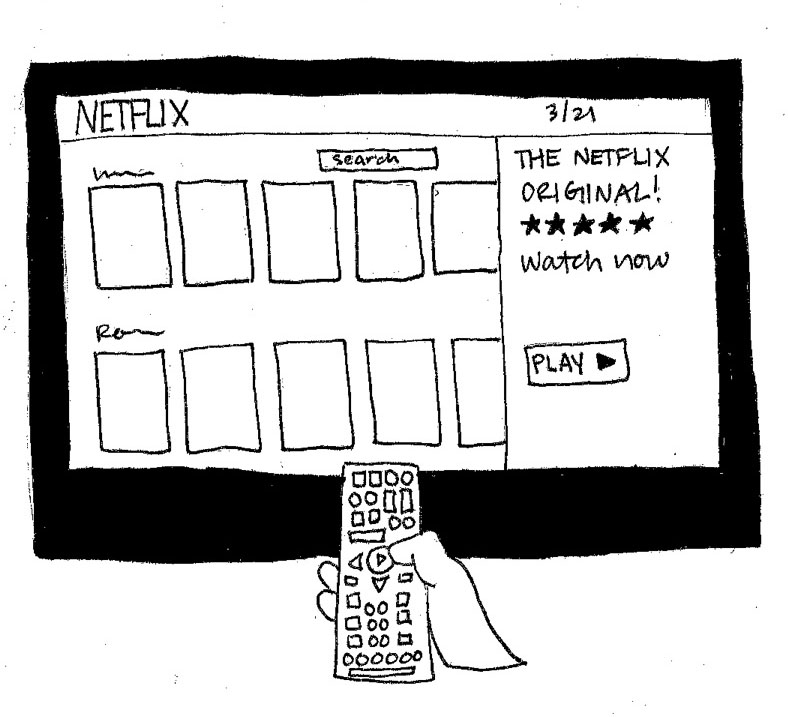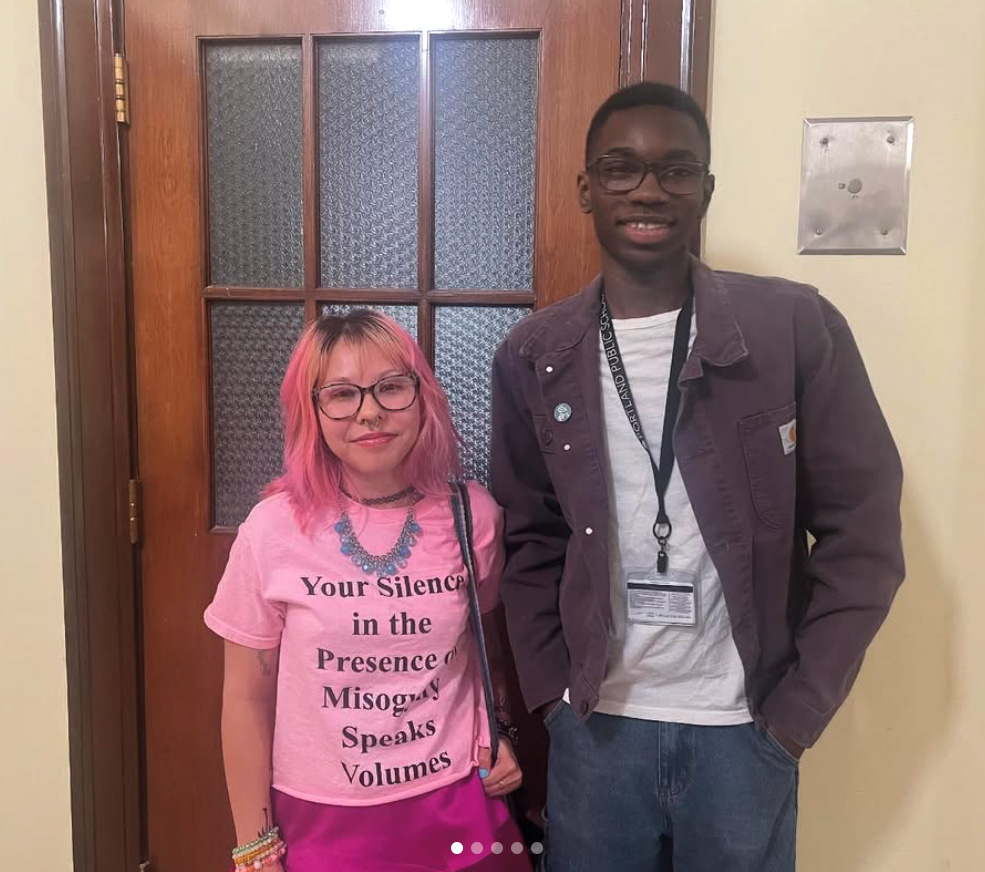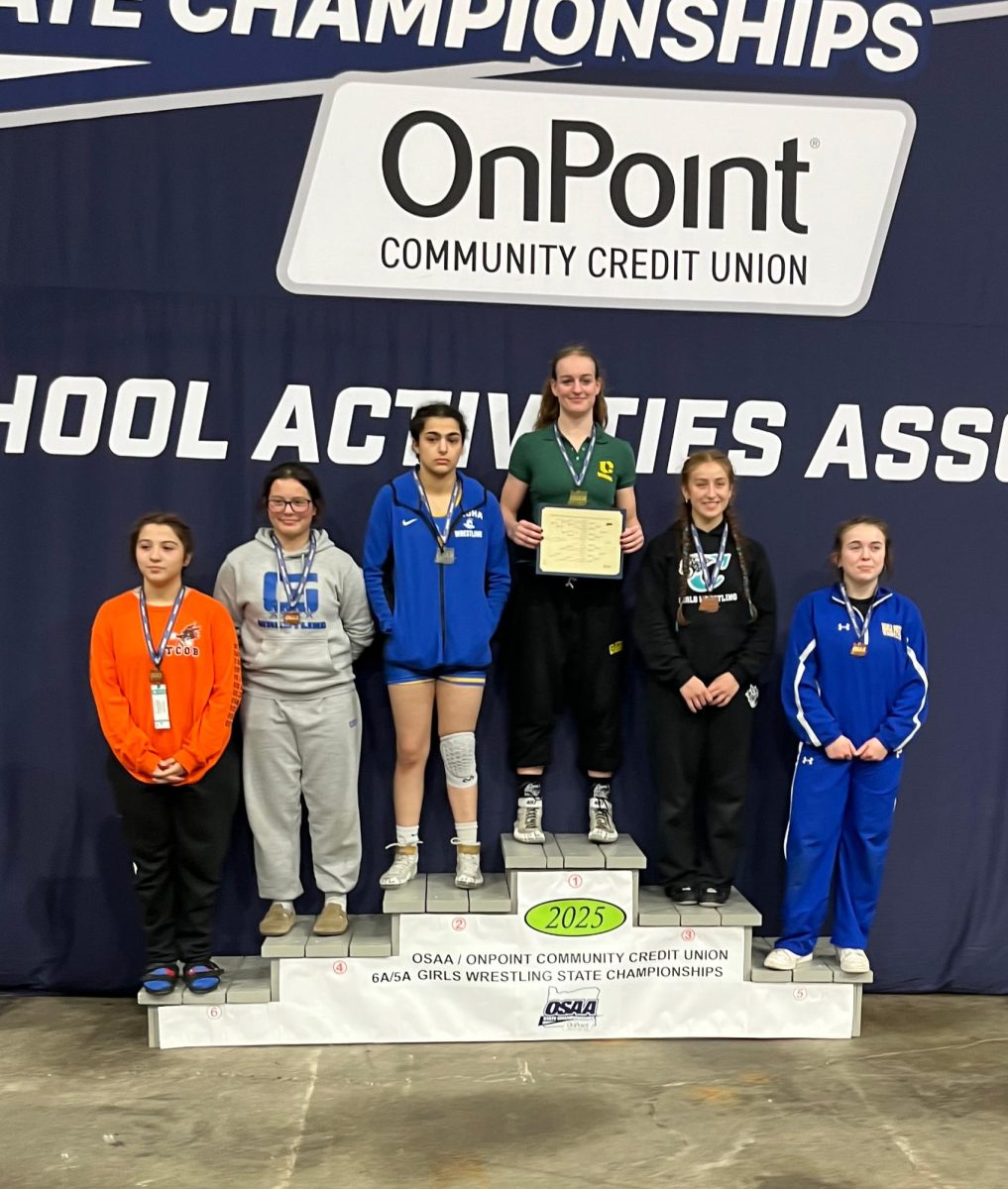The Rise of the Netflix Original
October 31, 2018
The odds that you binge-watched (or rewatched) a Netflix original show over the summer are pretty high. “Orange is the New Black,” “Ozark,” “Dear White People,” “Narcos,” “Stranger Things,” “The Crown”; there is no shortage of options to choose from. Of course, we cannot leave out the movies, of which some of the most notable include “To All the Boys I’ve Loved Before,” “Icarus” (2018 Academy Award Winner for Best Documentary), and “Mudbound” (which received three Academy Award nominations).
Netflix has gone from DVD rental service, to streaming service which hosted outside content, to original producing powerhouse. All of the original content is incentive for existing members to keep subscribing, and also attracts new members. Since the first original content was released (“House of Cards” in February of 2013), Netflix has increased its membership by 350 percent. They now have roughly 130 million subscribers worldwide, and 54 percent of U.S. adults report that they have Netflix in their home.
We are seeing streaming services trying to become more like cable networks, and cable networks trying to become more like streaming services. As consumers, now we do not have to choose between enticing new shows and the ease of streaming. We can get both in one place.
Netflix’s venture into the world of producing and self-releasing shows and movies is pushing competitors to up their original content game as well. However, competing networks and services are struggling to keep up. Currently, Netflix boasts the biggest collection of original scripted shows of any subscription-based network in America, cable or streaming. They produce roughly double the amount of original shows that HBO and FX produce, two of their biggest cable rivals. To react to the disruptive force of Netflix, HBO launched streaming of their own in 2015. FX also released FX+, their own streaming service, in August of 2018. Meanwhile, online streaming rivals like Hulu and Amazon Prime Video have upped their production of original content accordingly.
Netflix lagged behind HBO and more traditional cable networks in Emmy nominations for years, leading critics to conclude that the they were not producing quality content and therefore had not established small-screen dominance quite yet. But Netflix topped HBO in Emmy nominations for the first time in 2018, by a count of 112 to 108. This indicates that Netflix is striving for not only quantity, but quality as well.
This is not to say that Netflix has not made a few blunders in their content along the way. Two shows that provoked strong reactions in viewers are “13 Reasons Why” and “Insatiable.” Many mental health professionals allege that Netflix ignored warnings from them about the portrayal of main character Hannah Baker’s suicide in “13 Reasons Why.” The suicide ended up leading to copycat suicides, prompting Netflix to include a trigger warning before the scene and to increase the amount of resources and hotlines on the show’s website. “Insatiable” focuses on an overweight high schooler, played by Debby Ryan, who has her jaw wired shut to lose weight over the summer. She comes back to school “hot” and ready for revenge. Viewers argue that the show promotes fat shaming, glamorizes eating disorders, and further reinforces the idea that what you look like determines your worth. Netflix renewed Insatiable for another season on Sept. 13.
Long gone are the days of waiting for your favorite show or movie to arrive on Netflix. Chances are, it is already there. And, at the current rate of production, Netflix probably already has your next favorite show in the works. Their current trajectory, fueled by the production of original content, positions them on the edge of taking over the streaming economy. More broadly, Netflix’s rise reminds us that the on-demand economy reflects the era of abundance we are living in. Of course there will be missteps along the way, demonstrated by the release of some content that did not sit well with viewers. But Netflix’s adaptation to the economy as they grow as a company, as well as changing the game by producing original shows and movies, is a testament to the company’s innovation.











